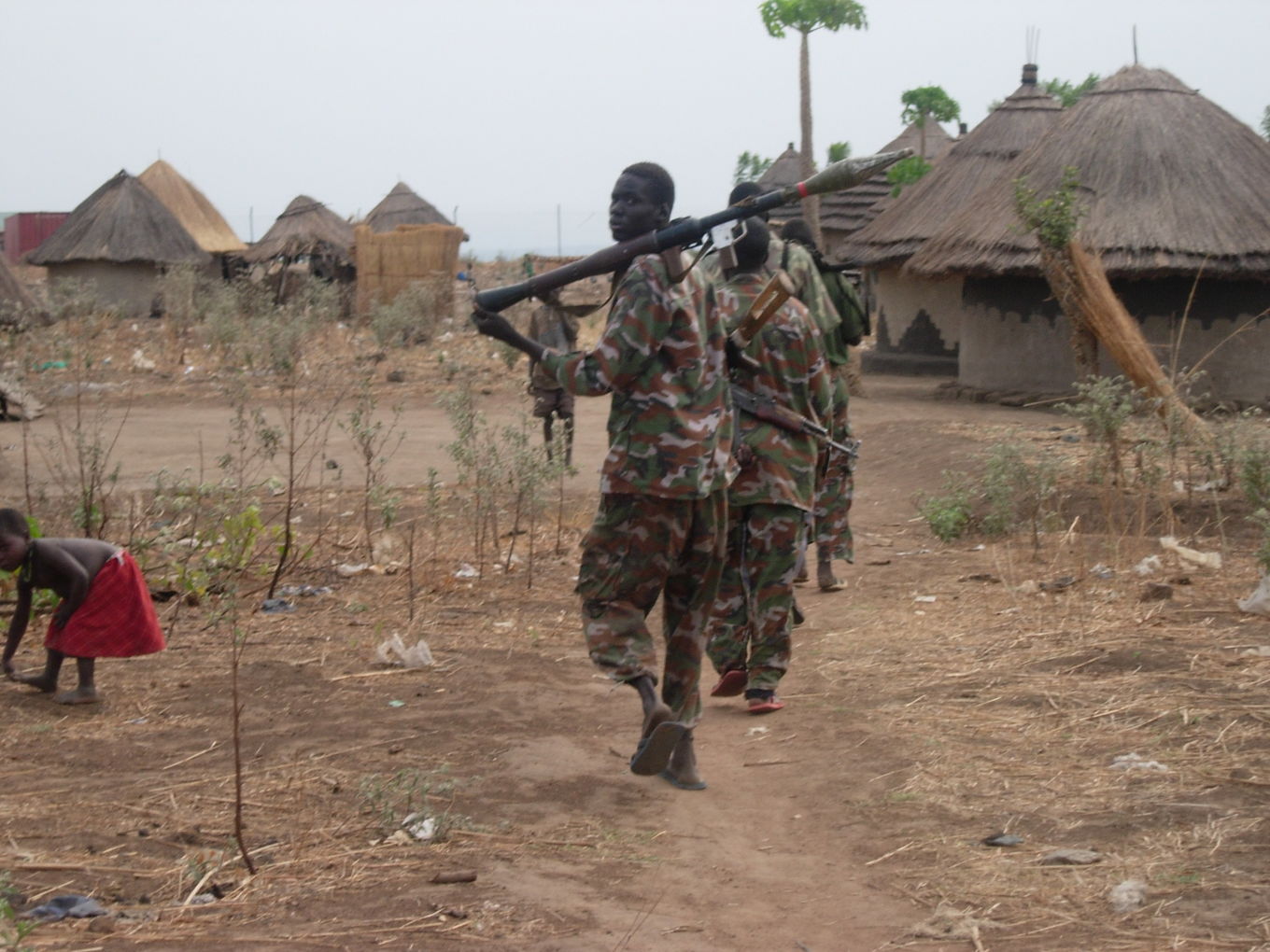Oil, Cows, and Benevolence: Insights on Sudan
by Martin Brooks
I remember sometime in my educational process becoming aware of and wrestling with the term “benevolent dictator.” As a western, independent child of the enlightenment, I had assumed all dictators were bad dictators. I had only heard the word used in a negative context. But there are those in power who see it as a sacred honor and obligation to care for the people under their authority.
I recently read an article in the WSJ (April 24, 2014) about the escalation of violence in South Sudan. Apparently, South Sudanese “rebels” have executed around 200 people. “Stacks of bodies” were found dead in a mosque and others at a church. Patients were murdered in the hospital and more in the streets. Rebels are advancing into oil producing towns and are “urged” to commit sexual violence against the local population. The cleft is largely between ethnic groups, the Dinka, the Nuer, and those from Darfur. The UN was quoted saying those seeking refuge had been asked to identify their ethnic group. The wrong answer could get you killed.
I’ve been to South Sudan a few times. It is a hard place to live. In most places in the world that I have visited, I've tried to imagine what it would be like to live there. In most places I think, “I could do this.” But in South Sudan I thought, “This would be really hard.” There had been civil war between the north and the south. Unexploded cluster bombs were scattered across the land. There had been “The Lord’s Resistance Army,” Joseph Kony’s child soldiers who terrorized the region. There was no electricity. Medical facilities were scary. The Sudanese People’s Liberation Movement (SPLM) had their own “army” carrying rocket propelled grenade launchers and too many machine guns through the villages and refugee camps. Was it safe? Most days, but the uncertainty would wear on you.
When South Sudan became its own country, it seemed like a corner had been turned. But the problem was the oil in the Nuba Mountains, near the border of Sudan and South Sudan. Who would reap the benefits of this oil? China had already invested money in getting some of it, and contracts and agreements had been made between north Sudan and China. But the oil was in South Sudan.
Nearly immediately after South Sudan became its own country, tribal groups started killing each other and stealing each other’s cattle. Cattle are serious business in Sudan. In some cases, they are the banking system. So this was sortof like robbing banks. Worse, it was taking the livelihood and the honor of another tribe. It was subjugating them and their descendants to poverty. I remember sitting around a fire, talking to a SPLM general one night outside his hut. His cattle were tied all around us as we spoke and his jeep, with a mounted machine gun, sat on the edge of his camp. He boasted that his daughter would one day bring 15-20 cows when it came time for her marriage.
Now these new leaders of South Sudan are fighting for control of the wealth. Be it cattle or oil, these people have been left out for so long, generations even, that they are now doing anything and everything in their power to secure their future. There were no benevolent rulers in their past. Rampant tribalism and greed decimated the country, and today they still bear the costs. These men are fighting for control. They want to be the dictator, but I fear they too will lack benevolence.
The pattern repeats itself throughout the world. Lack of charity and benevolence leads to frustration and war. The cycles of violence and retribution will continue until those with power embrace benevolence. When the opportunity is ripe, the oppressed will seize the day, frequently with disastrous results.
I think there are lessons for us today as we struggle with economic polarization. Unless attitudes of tribalism, entitlement, and exceptionalism change and we work toward justice and greater equality for all, tensions will continue to escalate and greater violence will follow. When we only look out for our own, we are laying the groundwork for war.
So what is the answer? When we think of the “Haves and the Have-nots,” benevolence needs to be a large part of the mix. 1 Cor. 13 describes God’s love for us. Love is not self-seeking. Love is kind. Love keeps no record of wrongs. We are to be imitators of God. When we were without hope, He gave us hope. He intervened on our behalf. He loved us and called us to love Him and to love others. As His ambassadors, how do we incarnate that love?














